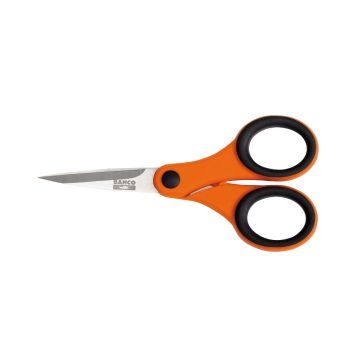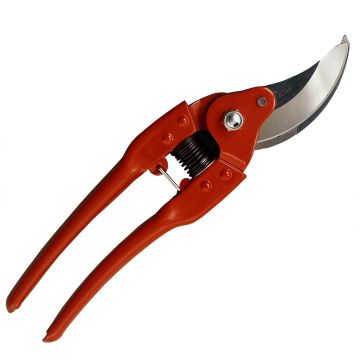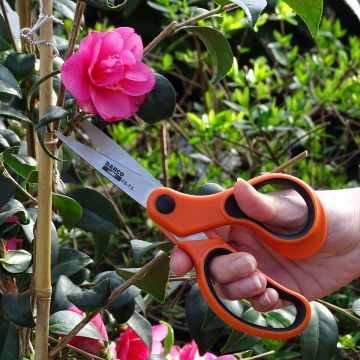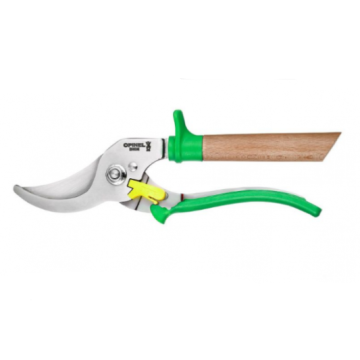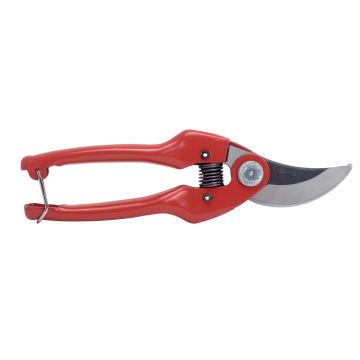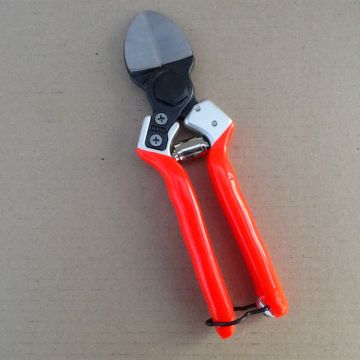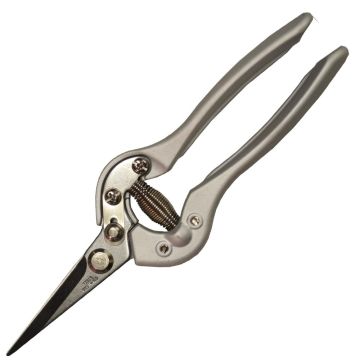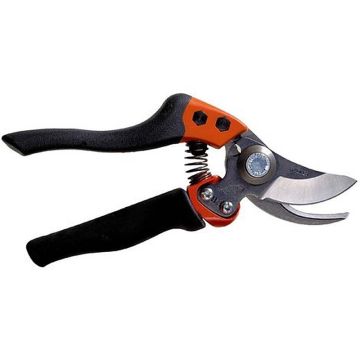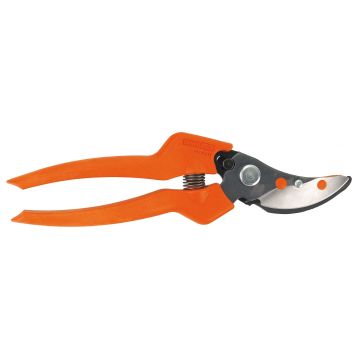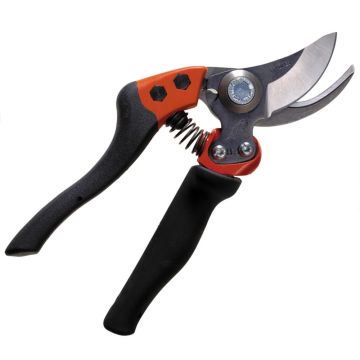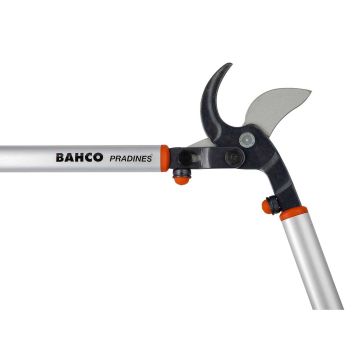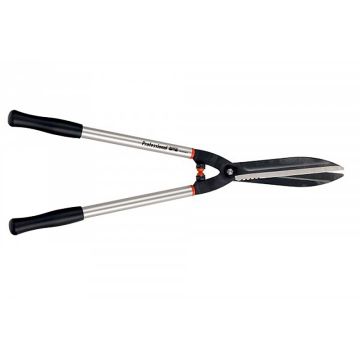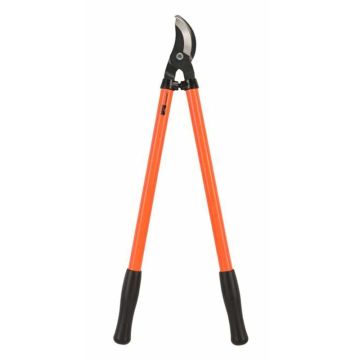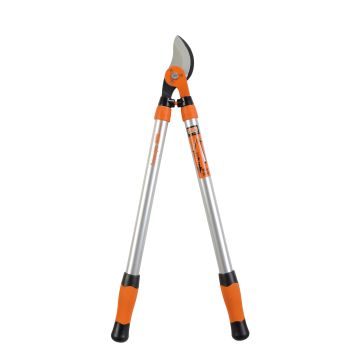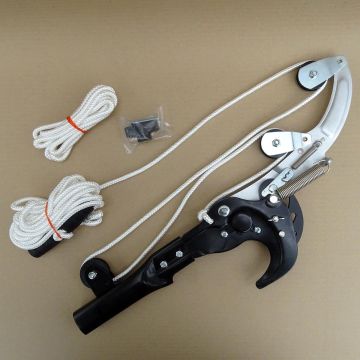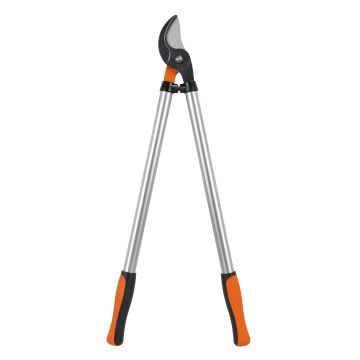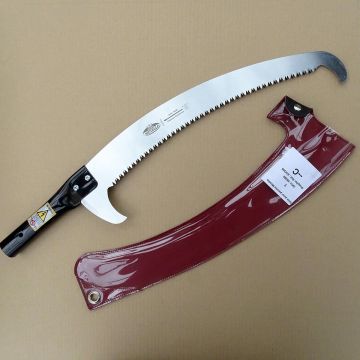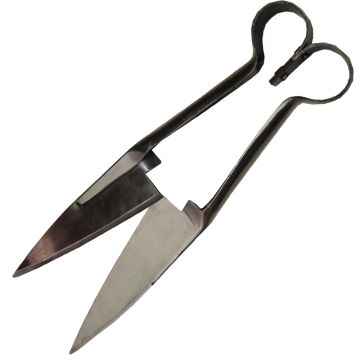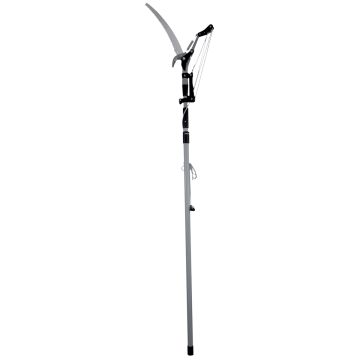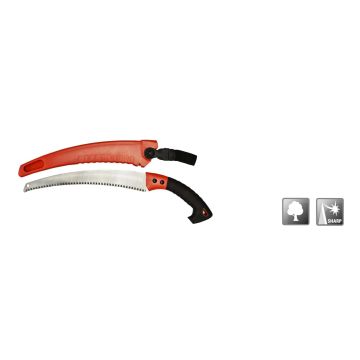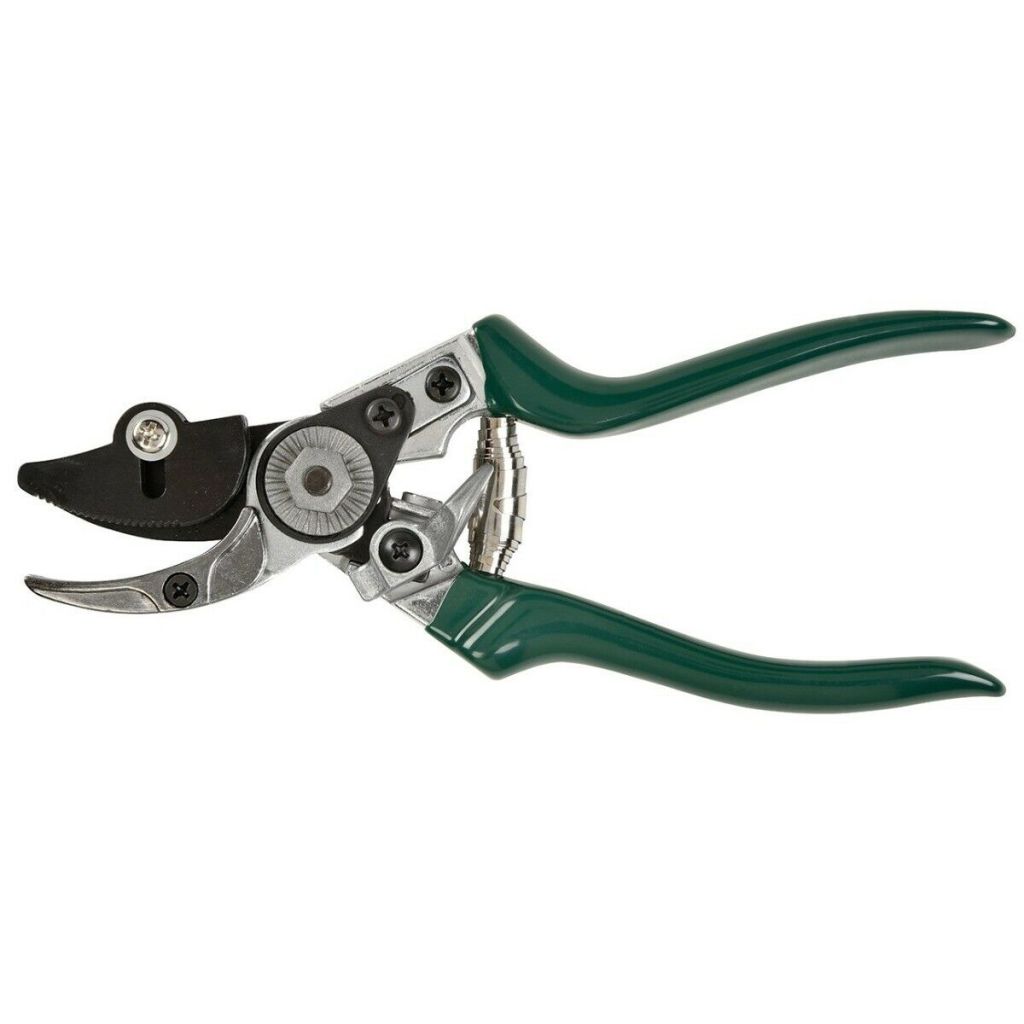

Burgon & Ball RHS Rose Pruning Secateurs
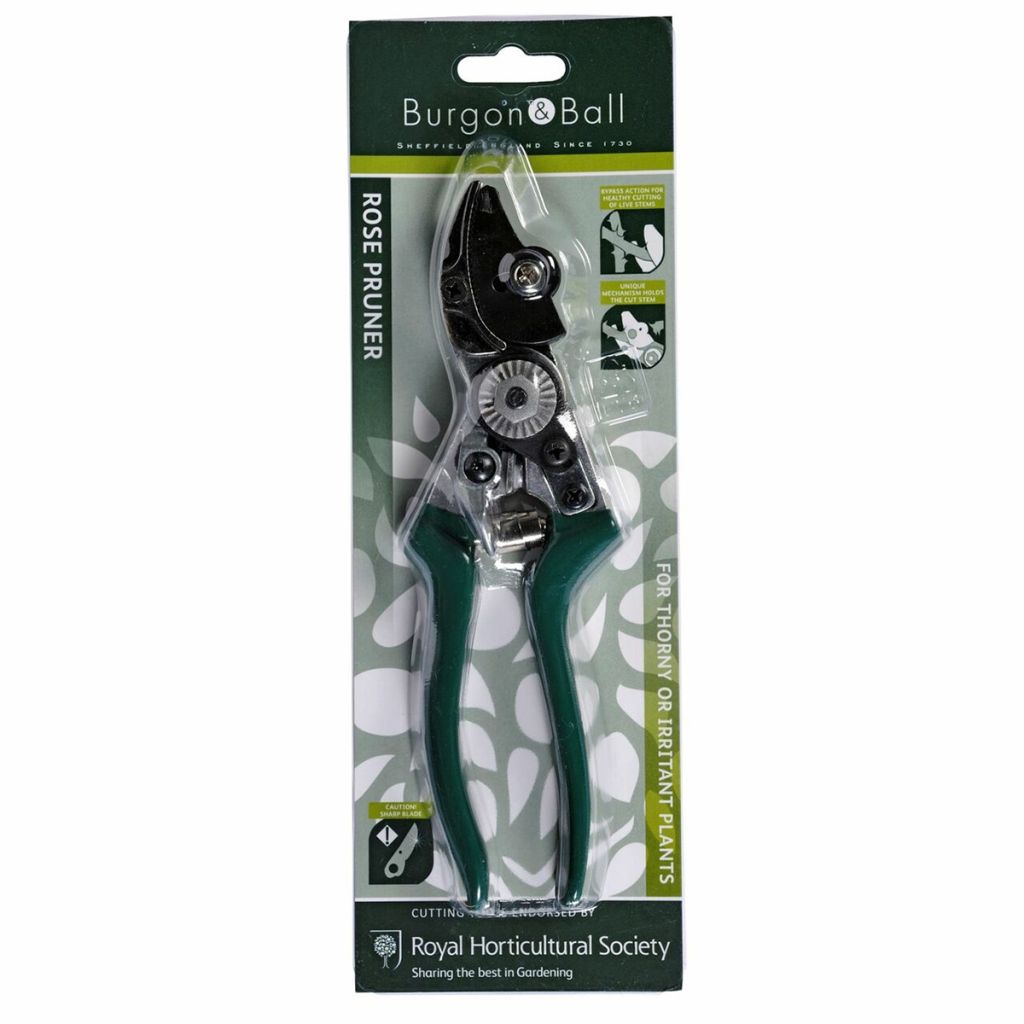

Burgon & Ball RHS Rose Pruning Secateurs
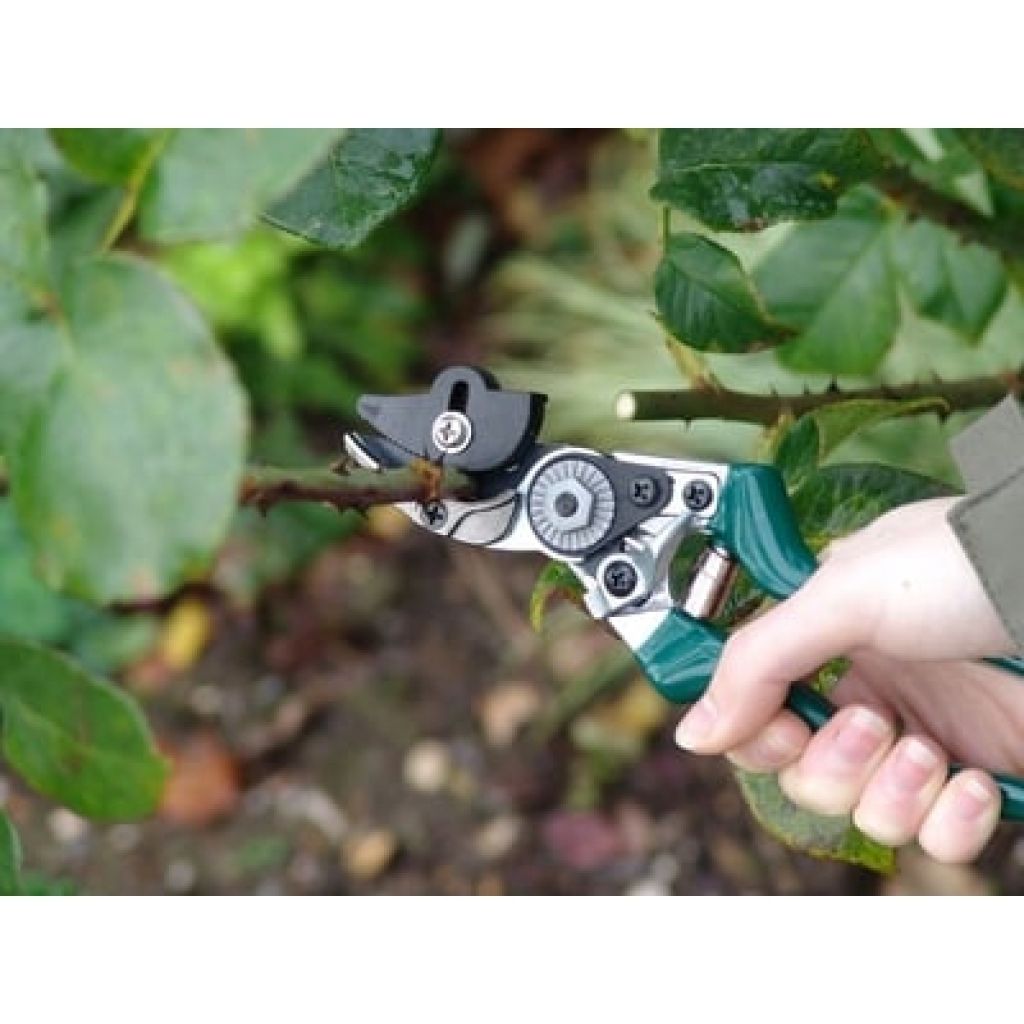

Burgon & Ball RHS Rose Pruning Secateurs
Burgon & Ball RHS Rose Pruning Secateurs
Special offer!
Receive a €20 voucher for any order over €90 (excluding delivery costs, credit notes, and plastic-free options)!
1- Add your favorite plants to your cart.
2- Once you have reached €90, confirm your order (you can even choose the delivery date!).
3- As soon as your order is shipped, you will receive an email containing your voucher code, valid for 3 months (90 days).
Your voucher is unique and can only be used once, for any order with a minimum value of €20, excluding delivery costs.
Can be combined with other current offers, non-divisible and non-refundable.
We guarantee the quality of our plants for a full growing cycle, and will replace at our expense any plant that fails to recover under normal climatic and planting conditions.
This Burgon and Ball rose pruner is a lightweight pruning tool with handles covered in non-slip and comfortable rubber, specifically designed for picking flowers with a maximum stem diameter of 10mm (0.3in). It is a pruner with cross-cutting blades made of tempered carbon steel, equipped with an additional piece with two anvils, which allows to hold the stems after cutting, preventing the flowers from falling to the ground. It is a particularly essential tool for picking roses, which are difficult to hold with their thorny stems, but also for any other flowers with thorny, irritating, urticating stems! Very functional, it can also be used by gardeners who do not want to bend down to pick up pruning waste. Replacement springs available for this model.
The pruner is an essential tool that every gardener must have, whether they have to maintain a small balcony, a terrace, a small urban garden, a large countryside garden or an orchard. The pruner with cross-cutting blades is the most common. It consists of two mobile curved blades that slide against each other when the handles of the tool are squeezed. It works like a pair of scissors. The rose pruner is very useful thanks to a device that holds the stems after cutting. It is mainly used in the picking of cut flowers because it prevents them from falling to the ground and damaging them. It is a pruner that can also be useful for gardeners who do not want to strain their back picking up the cut stems of their perennials and bushes.
Technical specifications and "plus" product:
- Blades made of tempered carbon steel
- Handles covered in non-slip
- Unique device for holding the stems after cutting
- Cross-cutting mode, ideal for cutting green and living wood without bruising
- Very lightweight: 220g
- Compact dimensions: 200mm (8in) long
- Replacement springs available for this model
- 10-year warranty
The English have the privilege of being the reference in gardening (especially when it comes to lawn and flower picking!). Promesses de Fleurs has chosen the English company Burgon & Ball for the quality of its materials and its methods of manufacturing steel that will soon be three centuries old. The company has been working with steel in Sheffield since 1730, initially with a patent for solid steel sheep shears. The production of garden shears and equipment quickly surpassed that of sheep shears, but Burgon & Ball stainless steel tools are officially approved by the Royal Horticultural Society - probably the ultimate reward in gardening.
The steel used for Burgon & Ball tools is alloyed with carbon to give it strength, and with chrome to prevent rust. It is a very precise balance that needs to be found between chromium and carbon, different for each part of the tool. The heat treatment allows to give exactly the right hardness to the steel for each tool. Too hard and the metal can break or chip, not hard enough and it will bend or lose its sharpness. The thickness of the steel used also depends on the tool. The thickness of the steel affects the weight, so it is also a balance to be found, which the Burgon & Ball company, with almost 300 years of experience, has validated to ensure that its tools are both effective and pleasant to use.
Tool features
Technical data
Detailed features
Tips
Other Secateurs
View all →This item has not been reviewed yet - be the first to leave a review about it.
Similar products
Haven't found what you were looking for?
Hardiness is the lowest winter temperature a plant can endure without suffering serious damage or even dying. However, hardiness is affected by location (a sheltered area, such as a patio), protection (winter cover) and soil type (hardiness is improved by well-drained soil).

Photo Sharing Terms & Conditions
In order to encourage gardeners to interact and share their experiences, Promesse de fleurs offers various media enabling content to be uploaded onto its Site - in particular via the ‘Photo sharing’ module.
The User agrees to refrain from:
- Posting any content that is illegal, prejudicial, insulting, racist, inciteful to hatred, revisionist, contrary to public decency, that infringes on privacy or on the privacy rights of third parties, in particular the publicity rights of persons and goods, intellectual property rights, or the right to privacy.
- Submitting content on behalf of a third party;
- Impersonate the identity of a third party and/or publish any personal information about a third party;
In general, the User undertakes to refrain from any unethical behaviour.
All Content (in particular text, comments, files, images, photos, videos, creative works, etc.), which may be subject to property or intellectual property rights, image or other private rights, shall remain the property of the User, subject to the limited rights granted by the terms of the licence granted by Promesse de fleurs as stated below. Users are at liberty to publish or not to publish such Content on the Site, notably via the ‘Photo Sharing’ facility, and accept that this Content shall be made public and freely accessible, notably on the Internet.
Users further acknowledge, undertake to have ,and guarantee that they hold all necessary rights and permissions to publish such material on the Site, in particular with regard to the legislation in force pertaining to any privacy, property, intellectual property, image, or contractual rights, or rights of any other nature. By publishing such Content on the Site, Users acknowledge accepting full liability as publishers of the Content within the meaning of the law, and grant Promesse de fleurs, free of charge, an inclusive, worldwide licence for the said Content for the entire duration of its publication, including all reproduction, representation, up/downloading, displaying, performing, transmission, and storage rights.
Users also grant permission for their name to be linked to the Content and accept that this link may not always be made available.
By engaging in posting material, Users consent to their Content becoming automatically accessible on the Internet, in particular on other sites and/or blogs and/or web pages of the Promesse de fleurs site, including in particular social pages and the Promesse de fleurs catalogue.
Users may secure the removal of entrusted content free of charge by issuing a simple request via our contact form.
The flowering period indicated on our website applies to countries and regions located in USDA zone 8 (France, the United Kingdom, Ireland, the Netherlands, etc.)
It will vary according to where you live:
- In zones 9 to 10 (Italy, Spain, Greece, etc.), flowering will occur about 2 to 4 weeks earlier.
- In zones 6 to 7 (Germany, Poland, Slovenia, and lower mountainous regions), flowering will be delayed by 2 to 3 weeks.
- In zone 5 (Central Europe, Scandinavia), blooming will be delayed by 3 to 5 weeks.
In temperate climates, pruning of spring-flowering shrubs (forsythia, spireas, etc.) should be done just after flowering.
Pruning of summer-flowering shrubs (Indian Lilac, Perovskia, etc.) can be done in winter or spring.
In cold regions as well as with frost-sensitive plants, avoid pruning too early when severe frosts may still occur.
The planting period indicated on our website applies to countries and regions located in USDA zone 8 (France, United Kingdom, Ireland, Netherlands).
It will vary according to where you live:
- In Mediterranean zones (Marseille, Madrid, Milan, etc.), autumn and winter are the best planting periods.
- In continental zones (Strasbourg, Munich, Vienna, etc.), delay planting by 2 to 3 weeks in spring and bring it forward by 2 to 4 weeks in autumn.
- In mountainous regions (the Alps, Pyrenees, Carpathians, etc.), it is best to plant in late spring (May-June) or late summer (August-September).
The harvesting period indicated on our website applies to countries and regions in USDA zone 8 (France, England, Ireland, the Netherlands).
In colder areas (Scandinavia, Poland, Austria...) fruit and vegetable harvests are likely to be delayed by 3-4 weeks.
In warmer areas (Italy, Spain, Greece, etc.), harvesting will probably take place earlier, depending on weather conditions.
The sowing periods indicated on our website apply to countries and regions within USDA Zone 8 (France, UK, Ireland, Netherlands).
In colder areas (Scandinavia, Poland, Austria...), delay any outdoor sowing by 3-4 weeks, or sow under glass.
In warmer climes (Italy, Spain, Greece, etc.), bring outdoor sowing forward by a few weeks.






























